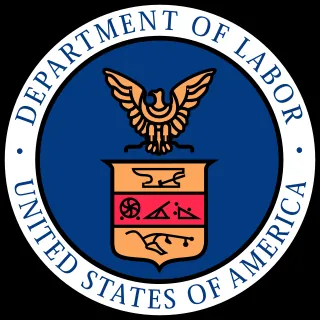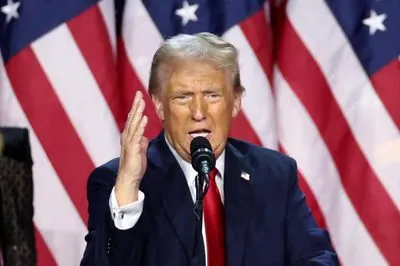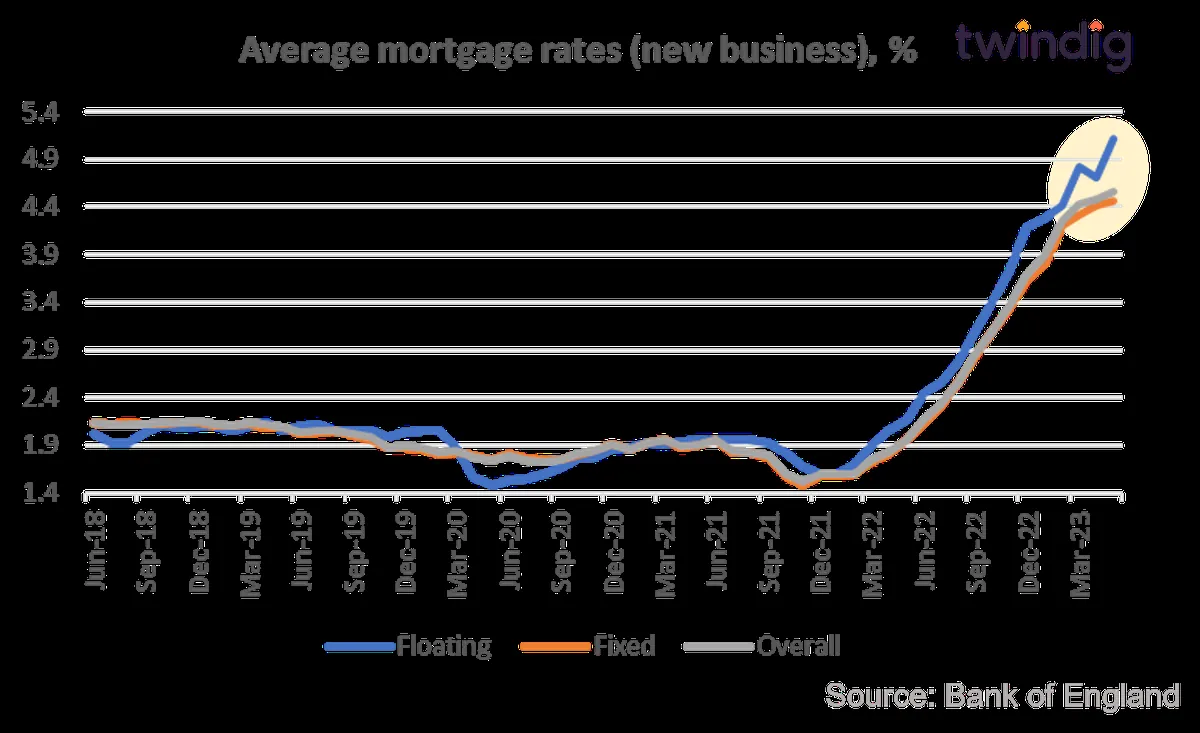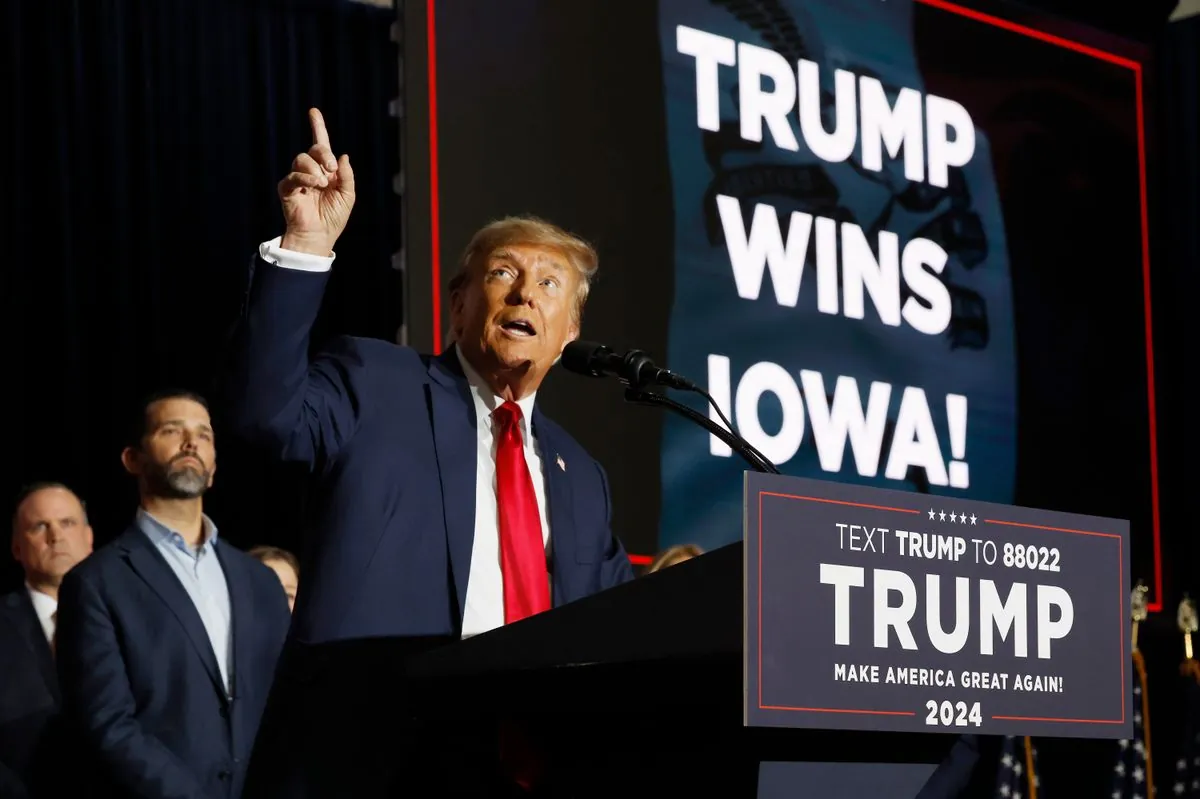United States Department of Labor
The United States Department of Labor (DOL) is one of the executive departments of the U.S. federal government. It is responsible for the administration of federal laws governing occupational safety and health, wage and hour standards, unemployment benefits, reemployment services, and occasionally, economic statistics. It is headed by the secretary of labor, who reports directly to the president of the United States and is a member of the president's Cabinet.

Some of the key events about United States Department of Labor
- 1913Established as a Cabinet-level department to promote the welfare of workers
- 1921Failed to prevent the Battle of Blair Mountain, the largest labor uprising in US history
- 1935Criticized for not effectively enforcing the Wagner Act, allowing continued labor violations
- 1938Implemented the Fair Labor Standards Act, setting minimum wage and overtime pay standards
- 1947Implemented the Taft-Hartley Act, which restricted union activities and power
- 1949Expanded the Bureau of Labor Statistics to provide comprehensive economic data
- 1959Faced criticism for inadequate enforcement of the Labor-Management Reporting and Disclosure Act
- 1962Enacted the Manpower Development and Training Act to address unemployment and skills gaps
- 1970Created the Occupational Safety and Health Administration (OSHA) to ensure workplace safety
- 1970Struggled to effectively implement and enforce the Occupational Safety and Health Act
- 1974Implemented the Employee Retirement Income Security Act (ERISA) to protect pension rights
- 1974Criticized for slow response to the energy crisis and its impact on employment
- 1981Failed to prevent the mass firing of air traffic controllers during the PATCO strike
- 1988Faced allegations of lax enforcement of child labor laws in sweatshops
- 1990Passed the Americans with Disabilities Act to prohibit workplace discrimination against disabled individuals
- 1993Implemented the Family and Medical Leave Act, providing job-protected leave for family and medical reasons
- 2008Criticized for inadequate response to the financial crisis and resulting job losses
- 2009Expanded unemployment benefits and job training programs in response to the Great Recession
- 2014Launched the Workforce Innovation and Opportunity Act to improve job training and employment services
- 2020Faced backlash for controversial changes to unemployment benefits during the COVID-19 pandemic
Disclaimer: This material is written based on information taken from open sources, including Wikipedia, news media, podcasts, and other public sources.





























